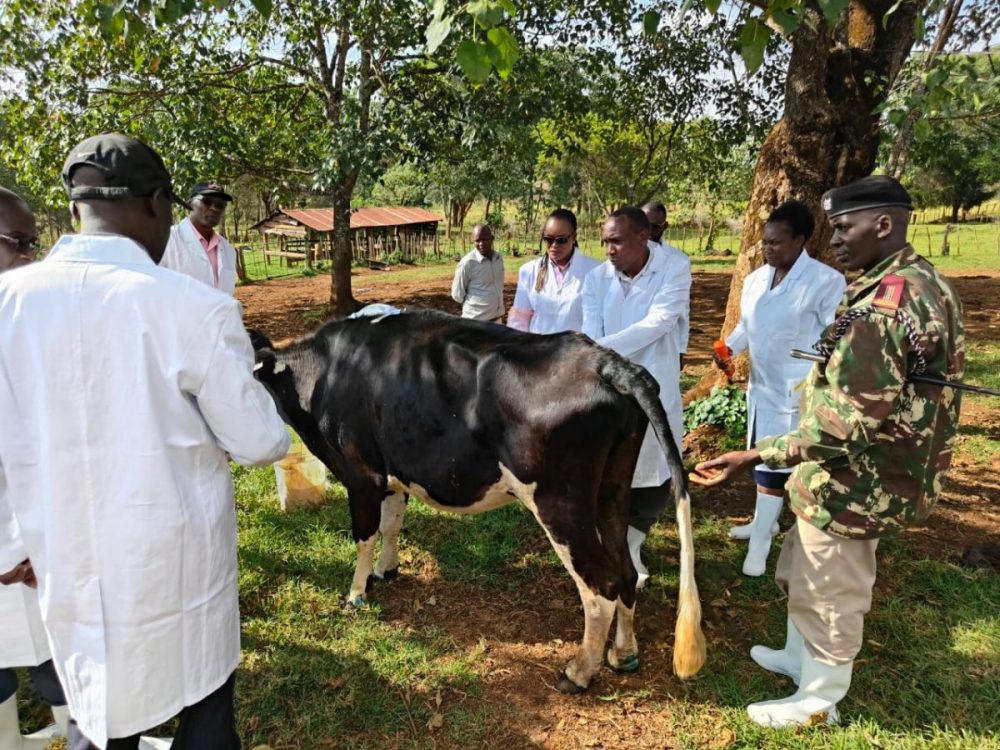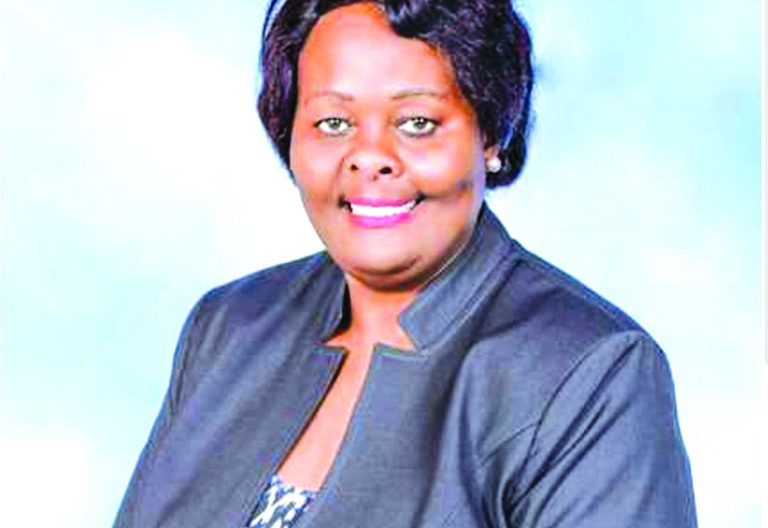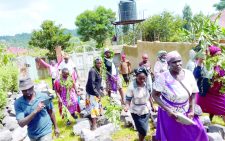Farmers counting losses after outbreak of foot and mouth disease in Trans Nzoia

Livestock farmers in Trans Nzoia County are counting losses following an outbreak of foot and mouth disease in some parts of the country’s food basket.
Simon Murei, Sitatunga ward Member of the County Assembly, who is also a large-scale dairy farmer, said the majority of farmers in Endebess, Kwanza, Cherang’any, and parts of Saboti constituencies have lost their livestock to the highly contagious disease.
“As we are speaking, many farmers have lost their sources of livelihood because several herds of cattle have died. This is likely to increase the poverty index in our county,” Murei said.
In the Sukwo area of Saboti Constituency, Martin Nabaria, a livestock keeper, said many small-scale farmers cannot afford to buy antibiotics and disinfectants and have resorted to using traditional methods, which are not effective.
“Some of us have been forced to use other conventional ways, like washing the mouth and hooves wounds using ash, Magadi soda, and even GV,” Nabaria said.
In the same village, Loreen Ndiwa, a dairy farmer, revealed that some farmers take their livestock to a muddy place where animals cool their feet as a temporary relief.
She called on the county government of Trans Nzoia to set aside funds to be used to procure medicines to avert further losses.
“We know agriculture is a devolved function, and we ask the departments of agriculture, livestock, and fisheries to move with speed and save us. The county can even use the Ksh50 million that was set aside for El Nino,” Ndiwa said.
Trans Nzoia County Government speaks
Agriculture County Executive Committee Member Phanice Khatundi confirmed the outbreak and said the county has put in place necessary measures to prevent further spread of the disease.
“Yes, we have an outbreak of this disease, and as a county, we are trying to manage it, and after this phase, we shall do countywide vaccination of all livestock,” Khatundi said.
She, however, assured meat consumers in Trans Nzoia that the meat sold in butcheries is safe for human consumption because meat inspectors are on high alert.
Apart from maize production, the majority of people in Trans Nzoia are dairy farmers.












